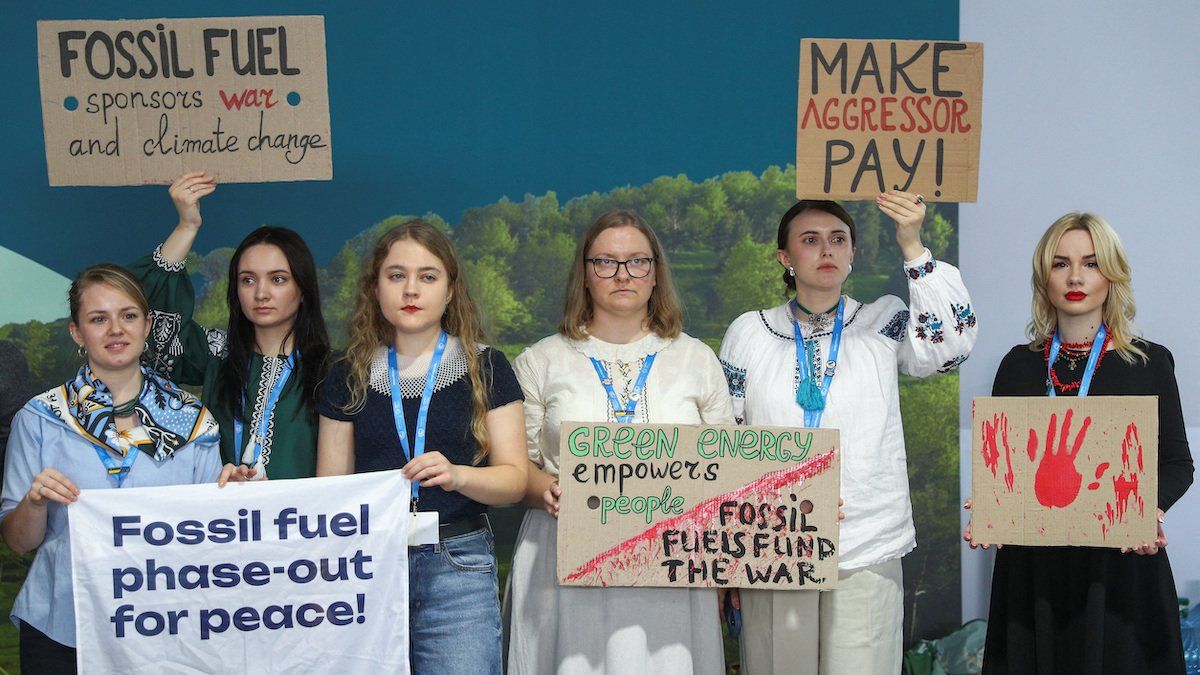Tensions are high at the COP29 climate summit in Baku, Azerbaijan.
France’s top climate official is shunning the UN climate talks after Azerbaijani President Ilham Aliyev criticized its handling of deadly protests in New Caledonia, a French overseas territory, earlier this year. Aliyev also characterized France’s Pacific island territories as “colonies.”
Donald Trump’s victory in the US presidential election is also at the forefront of discussions at the summit.
“Trump’s win is a dominating conversation. However, it’s not the same mood as in 2016, when people were more in shock and processing,” says Shari Friedman, Eurasia Group’s managing director for climate and sustainability
“This time, the world has gone through this before” and “plans to move forward, as they did last time,” adds Friedman.
The president-elect has repeatedly suggested that climate change is a hoax, and his pick to oversee the EPA, Lee Zeldin, has vowed to “roll back regulations” he said are causing US businesses to “struggle.”
Trump withdrew from the Paris Agreement on climate change — a global pact to reduce greenhouse gas emissions — during his first term. The Biden administration rejoined the accord, but Trump has pledged to pull the US out once again. Interestingly, Israel, one of Trump’s top allies on the global stage, at COP29 cautioned the president-elect against yanking the US from the Paris Agreement.
Meanwhile, Argentina’s delegation was abruptly ordered to leave the two-week summit on Wednesday. This comes amid reports that Argentina’s Trump-friendly president, Javier Milei, is considering withdrawing from the Paris Agreement. Milei was set to meet with Trump at Mar-a-Lago on Thursday.
We’ll be watching to see how Trump’s win continues to shape conversations at COP29 in the days ahead — and how it impacts US climate policy in the months and years to come.
